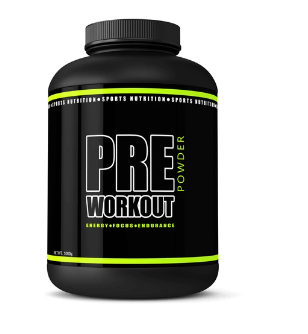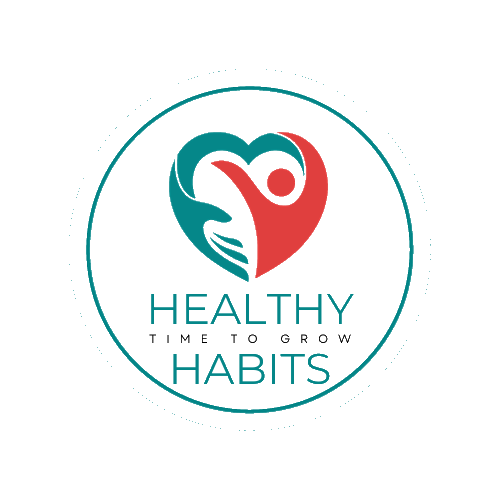
In the pursuit of peak performance and achieving fitness goals, pre-workout supplements have emerged as a popular choice among fitness enthusiasts. These supplements are designed to give an extra boost of energy, focus, and endurance, enabling you to push harder and get the most out of your workouts. This comprehensive guide delves into the benefits, ingredients, and best practices for using pre-workouts to enhance your exercise routine.
Understanding Pre-Workouts
What Are Pre-Workouts?
Pre-workouts are dietary supplements taken before exercise to enhance performance. They typically contain a blend of ingredients that help increase energy levels, improve endurance, and sharpen focus. The primary goal is to help you perform better during your workouts, whether it’s lifting heavier weights, running longer distances, or increasing overall workout intensity.
Key Ingredients in Pre-Workouts
- Caffeine: Known for its stimulating effects, caffeine is a common ingredient in pre-workouts. It helps increase alertness and reduce the perception of effort, allowing you to work out harder and longer.
- Beta-Alanine: This amino acid helps buffer acid in muscles, reducing fatigue and improving performance in high-intensity exercise.
- Creatine: Widely used in pre-workouts, creatine helps increase muscle mass, strength, and exercise performance.
- BCAAs (Branched-Chain Amino Acids): These essential amino acids help reduce muscle soreness and speed up recovery.
- Nitric Oxide Precursors: Ingredients like L-arginine and L-citrulline help increase blood flow to muscles, enhancing nutrient delivery and muscle pumps.
Benefits of Pre-Workouts
Increased Energy Levels
One of the primary benefits of pre-workouts is the significant boost in energy they provide. Ingredients like caffeine and taurine stimulate the central nervous system, making you feel more awake and ready to tackle your workout with vigor.
Enhanced Endurance
Pre-workouts can help improve your endurance, allowing you to perform at a higher intensity for a longer period. Beta-alanine, for instance, delays the onset of muscle fatigue, helping you push through those last few reps or miles.
Improved Focus and Mental Clarity
Many pre-workouts contain ingredients that enhance cognitive function, such as tyrosine and choline. These help improve focus and mental clarity, ensuring that you stay concentrated on your workout and maintain proper form throughout.
Faster Muscle Recovery
BCAAs and other amino acids in pre-workouts aid in muscle recovery. They help reduce muscle damage and soreness, allowing you to recover faster and be ready for your next workout sooner.
How to Choose the Right Pre-Workout
Identify Your Goals
Before selecting a pre-workout, it’s essential to identify your fitness goals. Whether you’re looking to increase strength, improve endurance, or enhance overall performance, understanding your objectives will help you choose the right product.
Check the Ingredient List
Ensure that the pre-workout contains clinically proven ingredients in effective dosages. Avoid products with proprietary blends that don’t disclose specific ingredient amounts.
Consider Your Caffeine Tolerance
Caffeine is a common ingredient in pre-workouts, but tolerance levels vary from person to person. If you’re sensitive to caffeine, look for low-caffeine or stimulant-free options.
Read Reviews and Do Your Research
Research and read reviews from reputable sources to get an idea of the product’s effectiveness and potential side effects. Personal experiences from other users can provide valuable insights.
Best Practices for Using Pre-Workouts
Timing Your Intake
For optimal results, take your pre-workout supplement 20-30 minutes before exercising. This allows the ingredients to be absorbed and take effect by the time you start your workout.
Starting with a Lower Dose
If you’re new to pre-workouts, start with a lower dose to assess your tolerance. Gradually increase the dosage as needed, but never exceed the recommended amount.
Staying Hydrated
Pre-workouts can increase your body’s need for water. Ensure you drink plenty of fluids before, during, and after your workout to stay hydrated.
Cycling Off Pre-Workouts
To prevent your body from becoming too accustomed to the effects of pre-workouts, consider cycling off them every few weeks. This helps maintain their effectiveness and reduces the risk of dependence.
Potential Side Effects of Pre-Workouts
Jitters and Anxiety
High doses of caffeine can cause jitters, anxiety, and an increased heart rate. If you experience these symptoms, consider reducing the dosage or choosing a pre-workout with less caffeine.
Digestive Issues
Some individuals may experience digestive discomfort, such as bloating or nausea, when taking pre-workouts. This can often be mitigated by starting with a lower dose or choosing a product with fewer artificial additives.
Insomnia
Taking pre-workouts too late in the day can interfere with sleep due to the stimulating effects of caffeine. To avoid insomnia, ensure you take your pre-workout at least 4-6 hours before bedtime.
Allergic Reactions
Certain ingredients in pre-workouts, such as artificial sweeteners or coloring agents, can cause allergic reactions in some individuals. Always read the ingredient list carefully and choose products with natural ingredients when possible.
Conclusion
Incorporating pre-workout supplements into your fitness routine can significantly enhance your performance, endurance, and overall workout experience. By understanding the key ingredients, benefits, and best practices, you can make an informed decision and choose the right pre-workout to meet your fitness goals. Remember to start with a lower dose, stay hydrated, and cycle off periodically to maintain effectiveness and reduce potential side effects. With the right approach, pre-workouts can be a powerful tool in your fitness arsenal.
